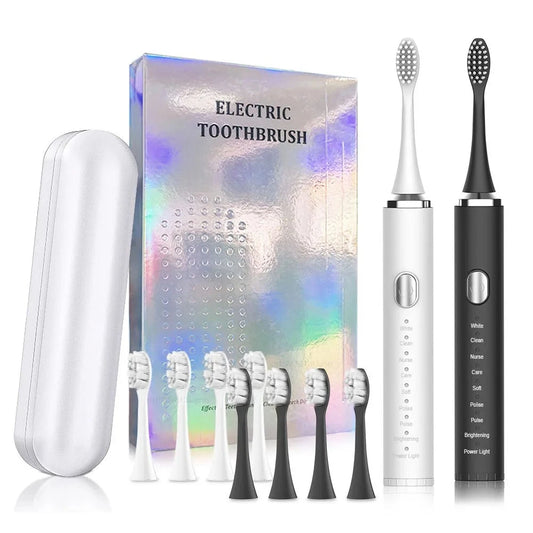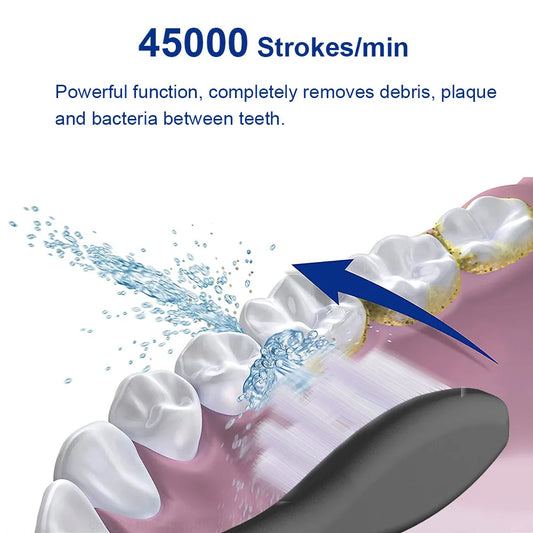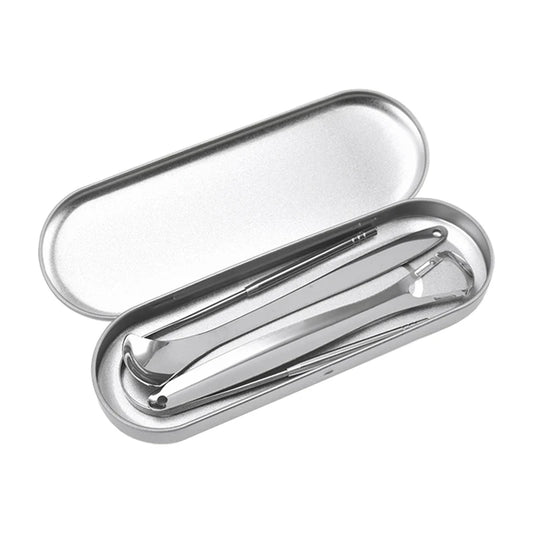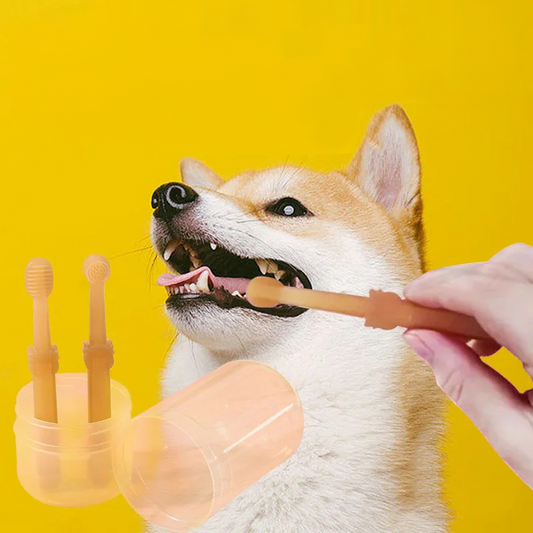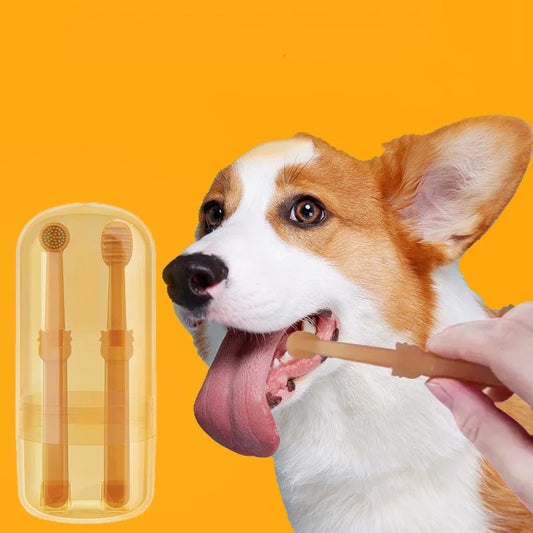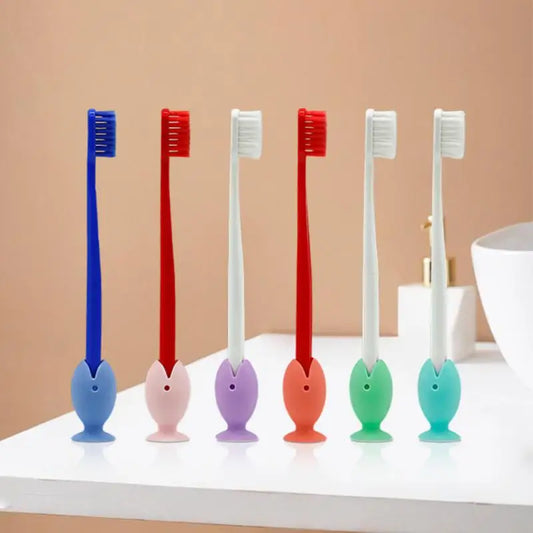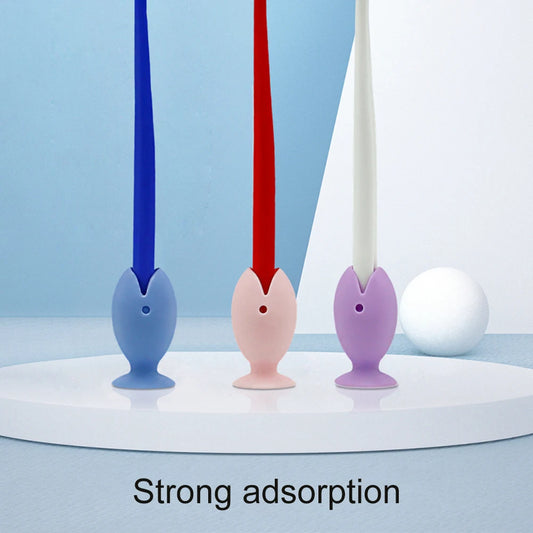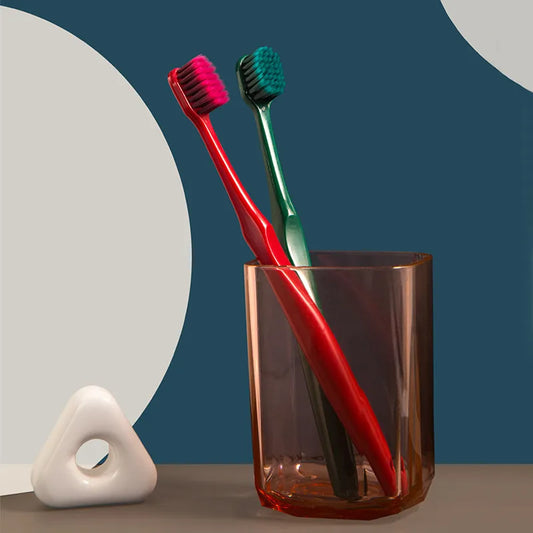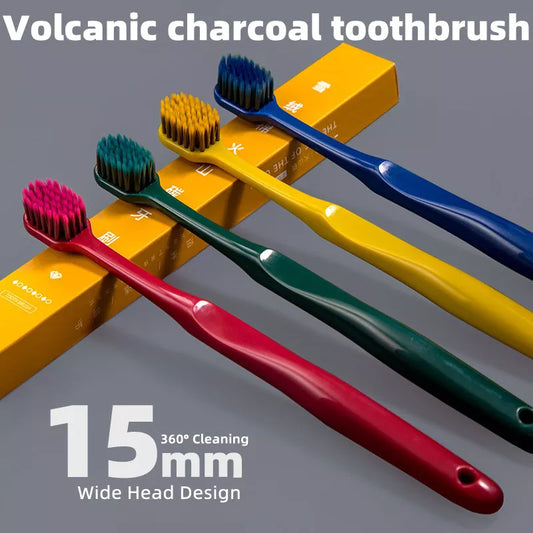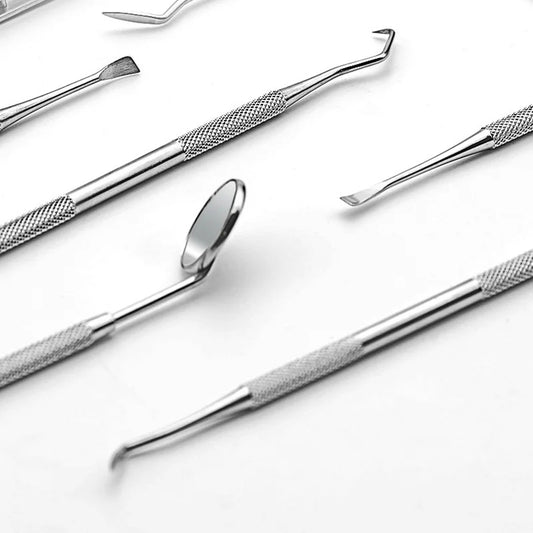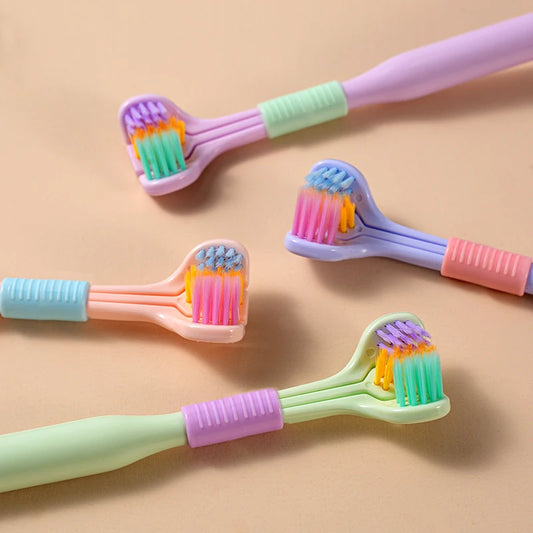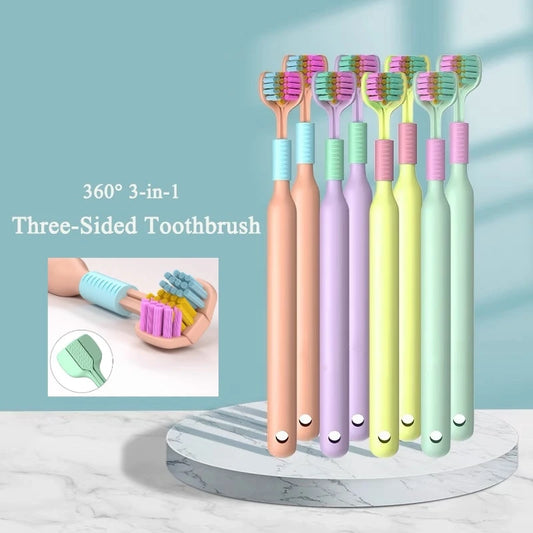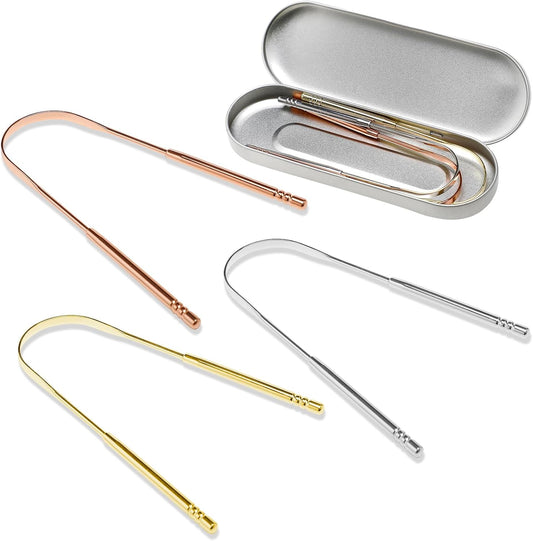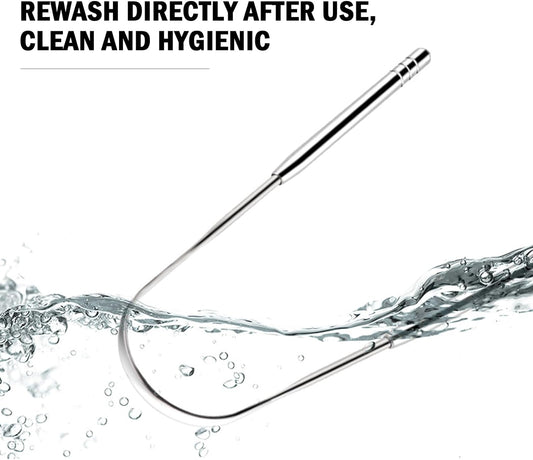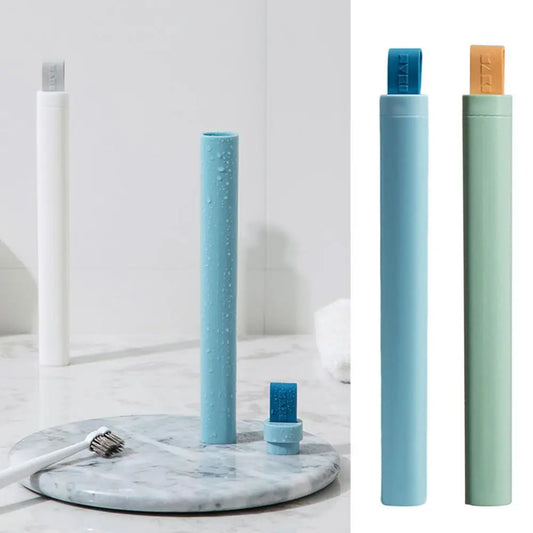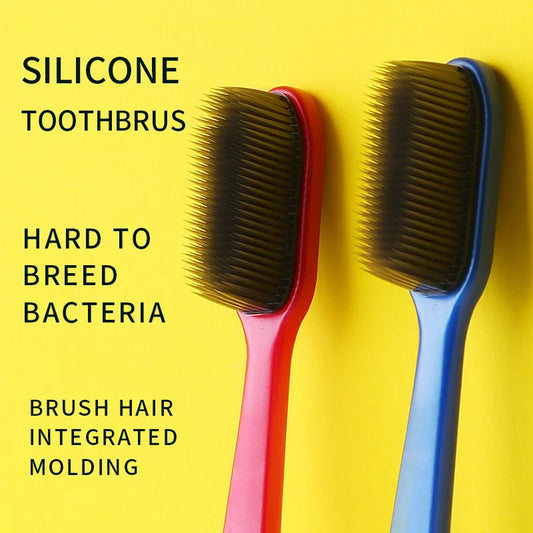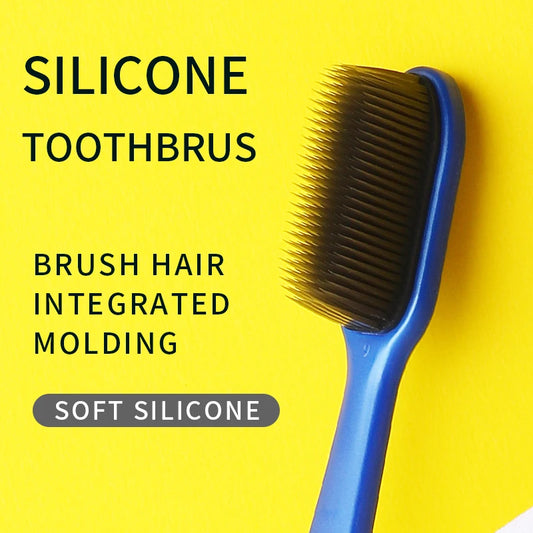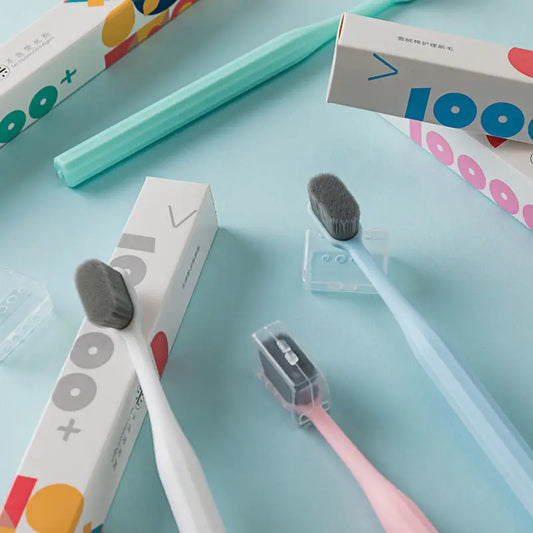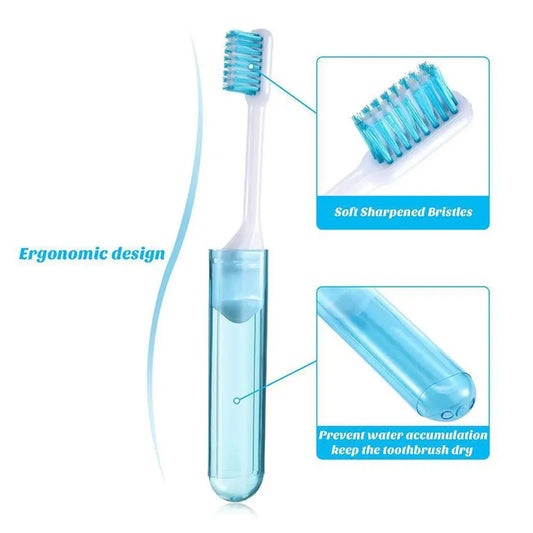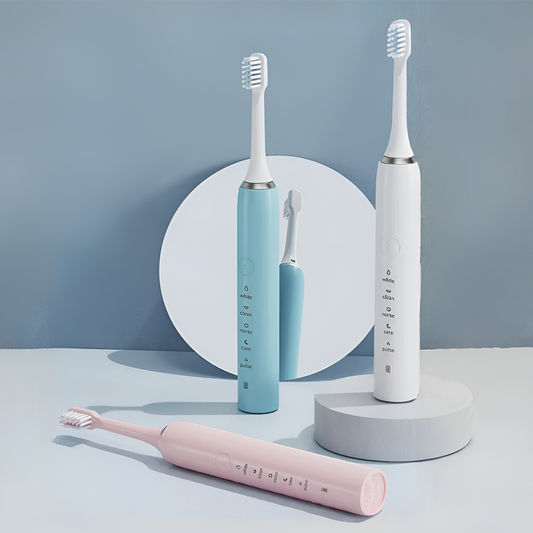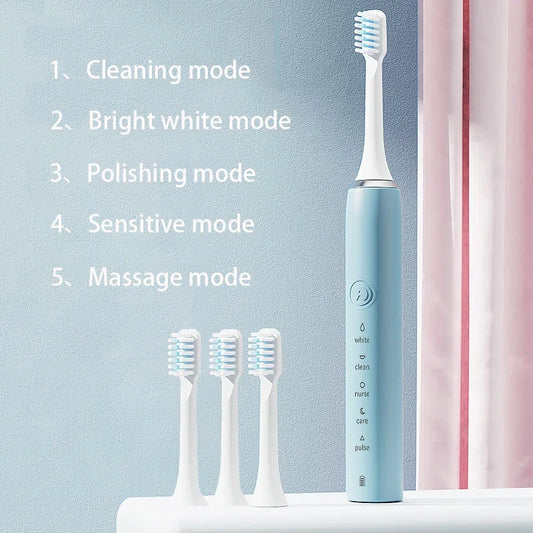Introduction:
Good oral hygiene is crucial for maintaining healthy teeth and gums throughout life. However, getting kids to embrace toothbrushing can sometimes feel like a challenging task.
As a parent or guardian, instilling good dental habits early on can set the foundation for a lifetime of healthy smiles. In this article, we'll explore seven effective tips to encourage kids to develop excellent toothbrushing habits.
Lead by Example:
Children often learn by imitating the behavior of adults around them. Make sure to demonstrate proper toothbrushing techniques yourself. Let them see you brushing your teeth diligently twice a day for two minutes each time. This not only shows them the importance of oral hygiene but also makes toothbrushing a shared activity.
Make it Fun:
Turn toothbrushing into an enjoyable activity rather than a chore. Invest in colorful toothbrushes featuring their favorite cartoon characters or superheroes. You can also play their favorite songs or create a fun toothbrushing song together. Consider using a timer or a toothbrushing app with interactive features to make the process engaging.
Set a Routine:
Establishing a consistent toothbrushing routine can help make it a habit. Aim for brushing teeth twice a day – once in the morning and once before bedtime. Incorporate toothbrushing into their daily schedule, such as after breakfast and before storytime at night. Consistency is key to reinforcing the habit.
Offer Rewards and Incentives:
Positive reinforcement can motivate children to adhere to their toothbrushing routine. Create a reward system where they earn stickers, small toys, or privileges for brushing their teeth regularly and effectively. Praise their efforts and celebrate milestones to keep them motivated.
Educate About Oral Health:
Help your children understand why toothbrushing is essential for their overall health. Explain in simple terms how brushing removes food particles and bacteria that can cause cavities and gum disease. Use age-appropriate books, videos, or interactive tools to teach them about oral hygiene and the consequences of neglecting it.
Supervise and Assist:
While children may want to brush their teeth independently, they may not have the dexterity or attention span to do it effectively on their own. Supervise their toothbrushing sessions to ensure they're using the proper technique and reaching all areas of their mouth. Offer assistance when needed, especially for younger children, to ensure a thorough clean.
Be Patient and Persistent:
Developing good toothbrushing habits takes time and patience. Be prepared for setbacks and resistance along the way. Stay consistent in your efforts, offering gentle reminders and encouragement as needed. Avoid using toothbrushing as a punishment and instead focus on making it a positive and rewarding experience.
Conclusion:
Encouraging kids to develop good toothbrushing habits is essential for their oral health and overall well-being. By leading by example, making it fun, establishing a routine, offering rewards, educating about oral health, supervising and assisting, and being patient and persistent, you can instill lifelong habits that will benefit them for years to come. Remember, consistency and positivity are key to success in nurturing healthy smiles.


